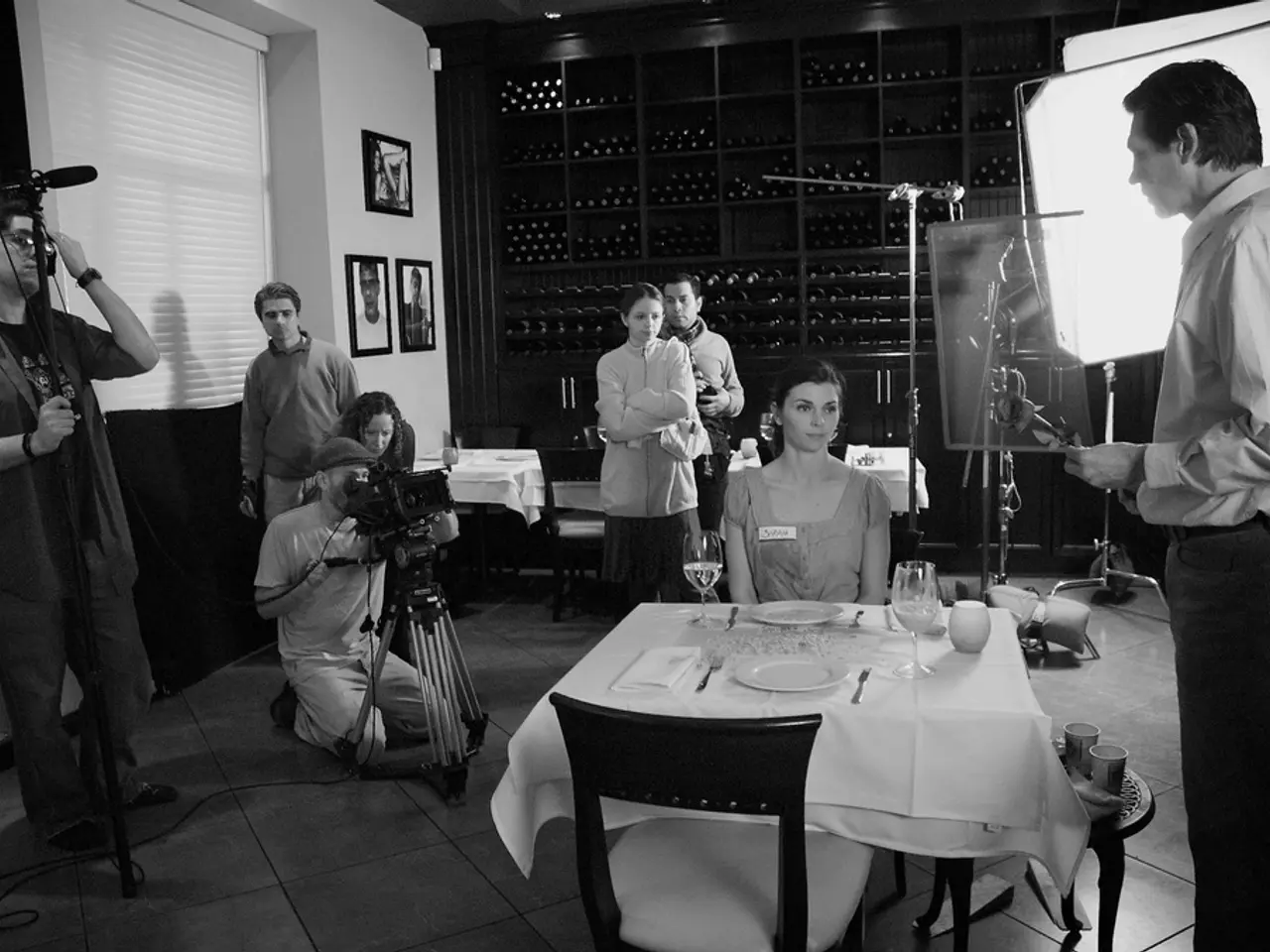Hollande advocates for extensive reform of Bayrou's budget to prevent censure from the PS faction
François Bayrou, the current head of government, has presented a savings plan for the 2026 budget in France, amounting to approximately 43.8 billion euros in spending cuts. The plan, which includes massive spending reductions and controversial social reforms, has sparked controversy and opposition, particularly from labour unions and former President François Hollande.
Bayrou's plan, described as a "last stop before the cliff" to control the country's debt, includes measures such as reducing public sector jobs by around 3,000 positions and proposing to cut two French national holidays, generating about 4.2 billion euros annually for the state budget. However, these proposals have been met with outrage due to their implications and the fact that France already has fewer holidays than the European average.
In response to Bayrou's budget orientations, François Hollande expressed his criticism in an interview with Le Monde on July 17, 2022. Hollande, who previously was unfavorable to the censure motion deposited by the socialists on pensions, now suggests that the government must deeply revise the budget to avoid the risk of a censure.
Bayrou, in an effort to secure the support of the socialists, has listed four conditions to ensure their abstention from voting for the fall of the head of government. One of these conditions is an increase in taxation on high assets, either through the principle of the Zucman tax or the re-establishment of a modernized wealth tax.
The government, currently in a phase of dialogue, is seeking compromises to avoid the risk of a censure. They believe there are margins for negotiation, notably with the socialists. However, the labour unions, represented by figures such as Marylise Léon of the CFDT, have expressed strong opposition to some government proposals. They emphasize that budget measures should not come at the expense of social justice or the ecological transition, and warn against unfair burdens on workers. If negotiations do not address these concerns, the possibility of mobilization and further opposition remains.
The high-stakes nature of the 2026 budget negotiations is reflected in François Hollande's statement that without a budget, France will face financial and political instability. Hollande also expressed his desire to preserve aid to local authorities to support the equipment of the country and to protect the incomes of the most vulnerable, including small pensions and family allowances.
The RN has announced its willingness to censure Bayrou, adding to the pressure on the government to secure the adoption of its austerity budget plan. The outcome of these negotiations will have significant implications for France's economic future and social welfare, as the country navigates the challenges of debt control and budget reform.
The current politics surrounding France's 2026 budget, under the leadership of François Bayrou, revolve largely around policy-and-legislation, as Bayrou's austerity plan has prompted controversy and opposition. This plan, termed as a "last stop before the cliff" to control the country's debt, includes measures such as reducing public sector jobs and cutting French national holidays, generating controversy due to its implications on social justice and the ecological transition. The general news is filled with debates on the proposals, with former President François Hollande criticizing Bayrou's budget orientations and Labour unions expressing strong opposition to certain government proposals.








